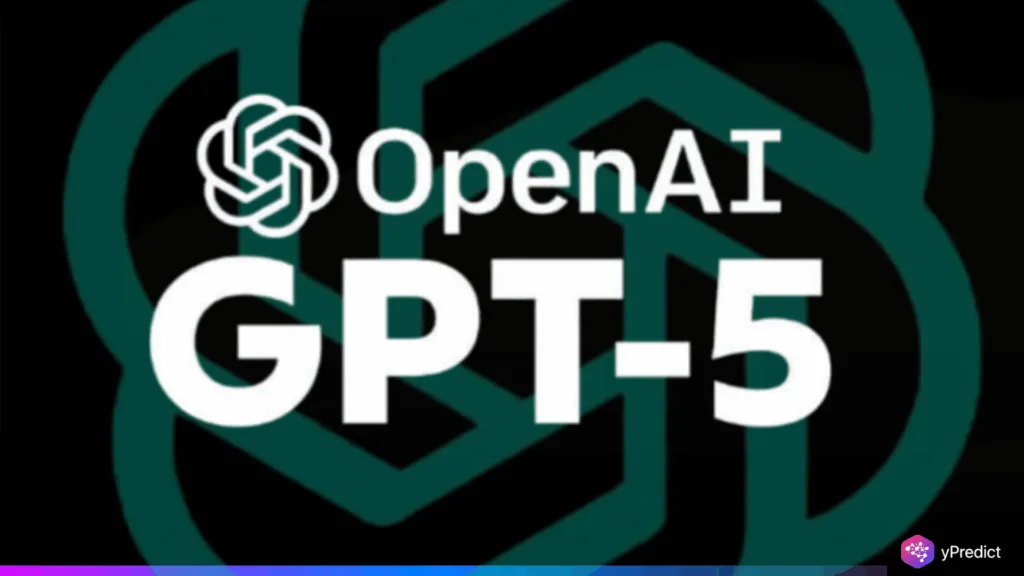
OpenAI has completed an enormous $8.3 billion funding round, which pushes its valuation to $300 billion, as reported on August 2, 2025. This news comes on the back of a previous rumoured target of $40 billion as of January 2025, indicating that, although losses continue to mount for OpenAI, its investors still have confidence in the company.
The jump in valuation from $157 billion in October 2024 to $300 billion today demonstrates how AI continues to be for investors when nearly all other tech sectors are starting to cool. By having this valuation and so much liquidity in a post-truth world, it makes complete sense that speculation about a new bubble based on a run-up in valuations has returned much more quickly than in the dot-com era – this can only fuel skeptics. Still, backers continue to bet on the company’s leading edge in generative AI and what many expect to be its most powerful release yet.
GPT-5 Launch Marks a Critical Moment
The impetus of this OpenAI funding boom is the GPT-5 launch, which is expected this month. OpenAI is internally referring to GPT-5 as a significant jump in capability that could break existing records in reasoning, memory, and real-time learning. CEO Sam Altman even likens the ramifications of GPT-5 to those of the Manhattan Project in comments about pursuing the technology without controls.
While the hoopla amps up, we are still largely in the dark as to what GPT-5 will be capable of. People close to the project say GPT-5 will have more multimodal capability and be far less constrained and far more autonomous than GPT-4.5. The scale of OpenAI’s infrastructure investments leading up to this release—especially with Microsoft’s ongoing cloud partnership—has only raised expectations further. Investors are buying into the transformative potential GPT-5 promises, even if revenue models remain vague.
AI Ethics Take Center Stage
The GPT-5 launch is stirring excitement, but it is also bringing to the forefront the long-standing issues of AI ethics. According to a Nature study from 2023, 68% of AI researchers have concerns over a lack of oversight on advanced models. Sam Altman expressed those concerns again this week, saying that the risks of bad things happening with overly rapid innovation are higher than “our ability to assess and manage”.
Experts argue that current guardrails around AI development are insufficient. The MIT Technology Review’s 2024 study underscored how AI startups, including OpenAI, often pursue aggressive scaling with minimal ethical checks. As funding inflows soar, the fear is that companies may prioritize breakthroughs over responsible deployment. The debate now isn’t just technical—it’s philosophical, legal, and global.
Valuation Surge Sparks Bubble Warnings
The pace at which OpenAI’s valuation has grown—nearly doubling in under a year—has triggered comparisons to past tech bubbles. Analysts point to the dot-com boom, where rapid investor enthusiasm often preceded brutal corrections. Some argue that today’s AI valuations, led by OpenAI, mirror similar speculative patterns.
Yet others believe this time is different. Unlike dot-com startups, OpenAI has a working product line and a dominant research team. Even so, skeptics point to the company’s continuing losses and a lack of a clear path to profitability. Yet even with the risks, the sheer magnitude of the OpenAI funding indicates that investors are willing to sacrifice near-term losses for a long-term monopoly in the AI market.
Investor Optimism Meets Public Scrutiny
OpenAI’s record-breaking raise may set a precedent, but it also places the company under a more intense spotlight. Regulators, ethicists, and AI researchers are watching closely as GPT-5 launches. The balance between technological advancement and AI ethics will determine not just OpenAI’s future but possibly also the future of artificial intelligence.
The next few weeks are going to be critical. If GPT-5 lives up to expectations, there might be many skeptics who will be silenced. If there is a failure to deliver, the scrutiny will intensify as OpenAI will double down on its messaging. For now, more than products, the industry is watching OpenAI to see how the organization responsibly and ethically manages the immense power, expertise, and capabilities in artificial intelligence it continues to build.






